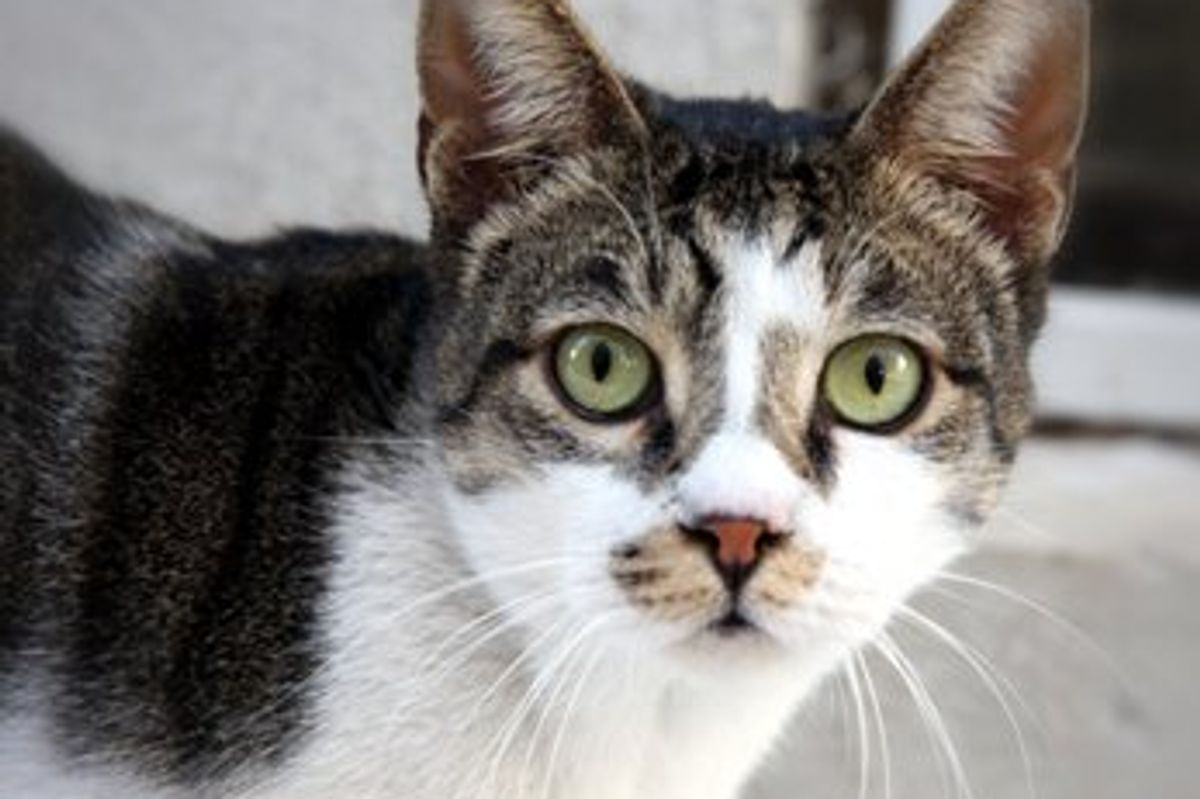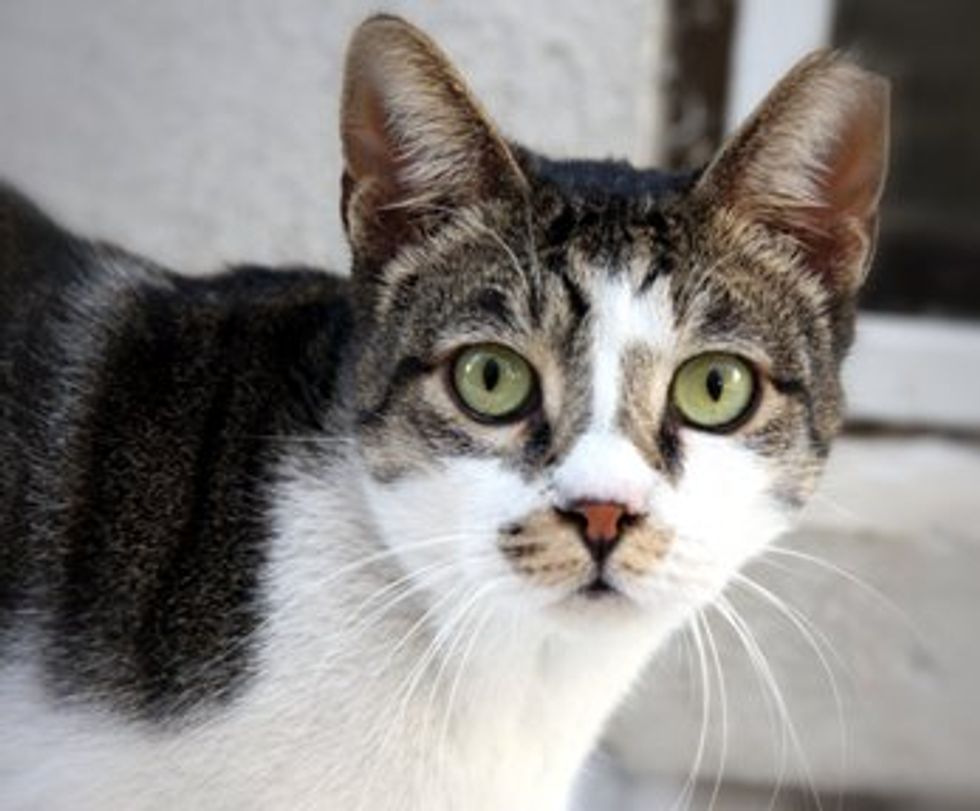Cats have a sensitive stomach. If food cannot be digested, it is very possible that it will end up being ejected through the mouth. Cat vomiting is not surprising to cat owners. However, if vomiting persists and the cat is showing abnormal signs of behavior, it is critical to have the cat seen by a veterinarian right away.
What are the causes of vomiting in cats?
The causes are various. They range from food or diet to diseases or even infections.
Food:
- Eating too rapidly which impedes food digestion
- Switching to a new diet too quickly. When a new brand of food is introduced, cat owners should take a few days to gradually transit to the new diet for their cat in order to prevent vomiting
- Expired food, stale food, inappropriate food for cats, etc
- Food allergies
- Food intolerance such as food that contains lactose or human food
- Foreign object that is not supposed to be ingested by a cat
- Toxic plants - many plants are toxic to cats. Click here to see a list of plants that are poisonous to cats
Parasites:
- Intestinal worms
Diseases:
- Liver disease
- Pancreatitis
- Ulcers
- Intestinal lymphoma
- Inflammatory Bowel Disease
- Feline Panleukopenia
- Lymphosarcoma
- Tumors
- Adrenal gland disease
- Kidney disease - metabolic disorders
Endocrinopathies:
- Hyperthyroidism
- Diabetes Mellitus
Infections:
- Salmonellosis
- Giardia
- Coccidiosis
- Acute Metritis
Miscellaneous:
- Heat stroke
- Obstruction in the esophagus (i.e. Hairballs)
- Gastroentertis
- Renal Failure
- Dislocation of the stomach
What are the signs of vomiting that are alarming and should indicate a visit to the vet?
If your cat is displaying any of the following symptoms, you should have it seen by a vet:
- repeated vomiting
- diarrhea
- blood in the stool or vomit
- vomit smells foul
- lethargy and loss of appetite
- ingestion of toxic plants
- appear to be in pain or distress
Diagnosis of Vomiting in Cats
If possible, bring a sample of the vomit which will assist the veterinarian to determine the cause of the vomiting. The cat will also receive a physical exam which includes checking the body temperature and examining the abdominal area.
- If vomiting occurs only once, your vet will most likely suggest limiting the diet to a more liquid diet and collect stool samples for a period of time. This will help the vet ascertain the underlying cause of the vomiting.
- However, if the vomit contains a significant amount of mucus or/and inflammatory substances, it may indicate an inflamed intestine.
- Food indigestion can be caused by overeating, food poisoning, anxiety, or change of food.
- If your cat retches bile, an inflammatory bowel disease (pancreatitis) may be the culprit of the heaving.
- Bright red blood found in the vomit is mostly due to an ulcer, whereas dark red or brown blood found in the stool signals a serious problem in the intestinal area.
- If you smell foul odor from the vomit, it is usually a sign of a blockage in the intestinal area.
Your vet may suggest running a few tests depending on the condition of your cat. The tests include but not limited to urinalysis, biochemical profile, complete blood count, fecal flotation, total T4, TelV/FIV, heartworm testing, abdominal x-rays, etc.
Treatment:
Treatment varies according to the root cause of the vomiting. It may be as simple as a change of the diet or taking an anti-emetic medication. In some cases such as a tumor, surgery is needed to help stop vomiting.
Source:
https://www.cat-world.com.au/VomitingInCats.htm
https://cats.about.com/od/healthconcerns/a/acutevomitingincats.htm
Disclaimer:
This post is not written by a veterinarian. It is purely served as information purposes only. You should always seek veterinary attention for your cat if you notice any health concerns or abnormal behavior.


